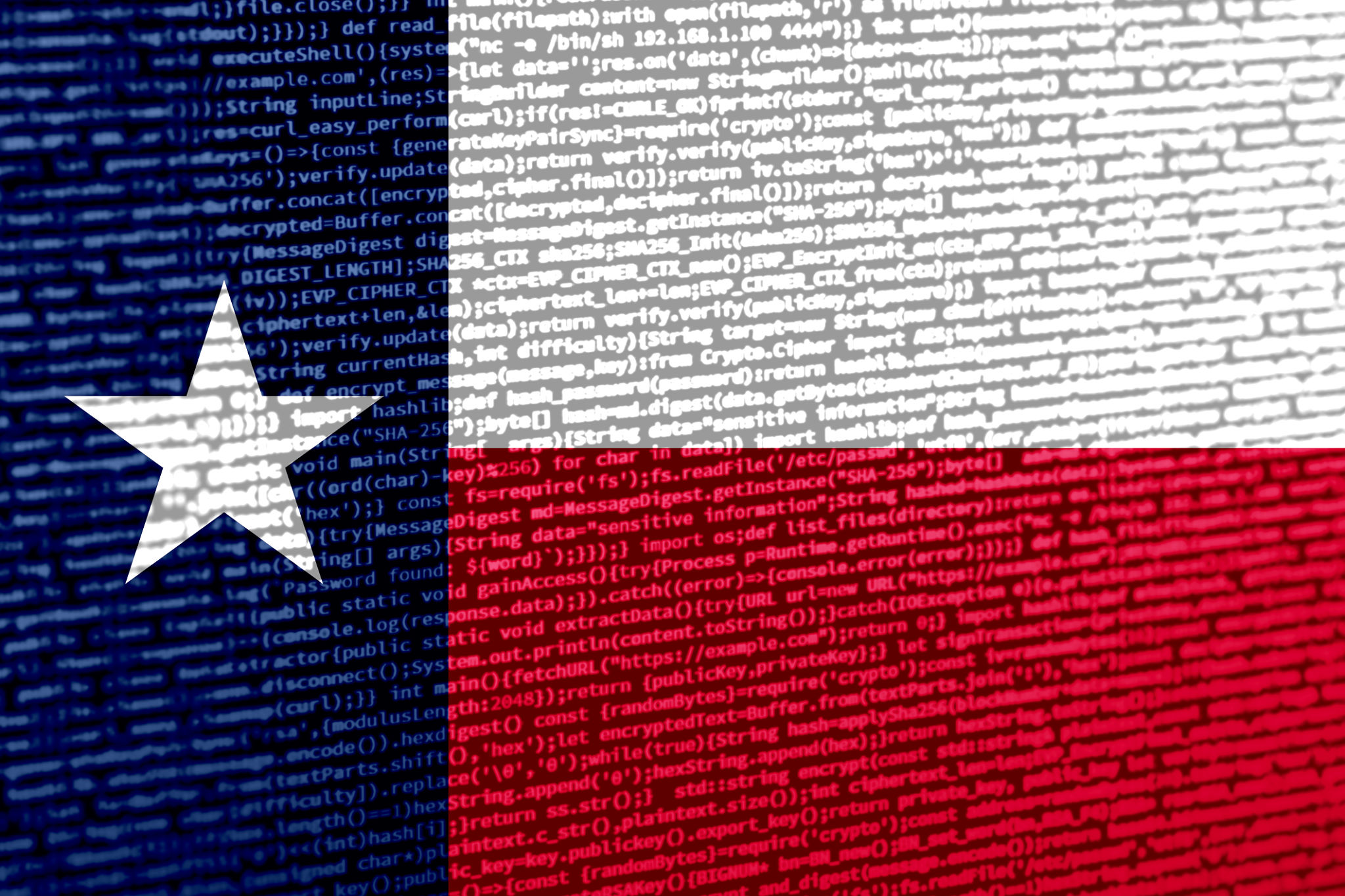How Blockchain is Revolutionizing Dallas County's Tech Scene
Understanding Blockchain Technology
Blockchain technology, initially developed as the underlying structure for cryptocurrencies like Bitcoin, has grown beyond its initial purpose. At its core, blockchain is a decentralized digital ledger that records transactions across multiple computers in a way that ensures security and transparency. This innovative technology is now making waves in various sectors, including finance, healthcare, and supply chain management.
In Dallas County, the tech scene is embracing blockchain for its potential to transform operations. By providing a secure and transparent platform, blockchain is revolutionizing how local businesses and government agencies conduct their activities.

Enhancing Security and Transparency
One of the most significant advantages of blockchain technology is its ability to enhance security. In a world where data breaches are becoming increasingly common, blockchain offers a robust solution. Each transaction on a blockchain is encrypted and linked to the previous transaction, making it nearly impossible to alter or hack the data without detection.
The government of Dallas County is exploring blockchain applications to improve transparency in public records management. By using blockchain, the county aims to ensure that records are tamper-proof and easily accessible to the public, thereby increasing trust in governmental processes.
Empowering Local Startups
Blockchain is also empowering startups in Dallas County to innovate and compete on a global scale. Entrepreneurs are leveraging this technology to create new business models that were not possible before. For instance, some startups are using blockchain to develop decentralized applications (dApps) that offer services ranging from financial transactions to digital identity management.

Transforming the Real Estate Sector
The real estate market in Dallas County is another area experiencing blockchain-driven change. Traditional property transactions can be cumbersome and fraught with delays. However, blockchain can streamline this process by securely storing property records and facilitating smart contracts.
Smart contracts are self-executing contracts with the terms of the agreement written directly into code. They automatically enforce and execute the terms when certain conditions are met, reducing the need for intermediaries and significantly cutting down transaction times.
Improving Healthcare Systems
The healthcare sector in Dallas County is also seeing the benefits of blockchain technology. By using blockchain, healthcare providers can create secure networks for storing and sharing patient data. This not only enhances patient privacy but also improves the accuracy and efficiency of medical records management.

Challenges and Future Prospects
While blockchain offers numerous benefits, it is not without challenges. One of the primary hurdles is the lack of widespread understanding and adoption of the technology. Additionally, regulatory issues can pose barriers to implementation.
Despite these challenges, the future of blockchain in Dallas County looks promising. As more businesses and government entities recognize its potential, we can expect to see broader adoption and innovative applications emerge. This will likely lead to increased efficiency, security, and transparency across various sectors.
The Role of Education and Collaboration
To fully harness the potential of blockchain technology, education and collaboration are crucial. Local universities and tech organizations in Dallas are offering courses and workshops to educate individuals about blockchain. By fostering a knowledgeable workforce, Dallas County can drive further innovation in this rapidly evolving field.

In conclusion, blockchain technology is ushering in a new era for Dallas County's tech scene. Its ability to provide secure, transparent, and efficient solutions is transforming industries and paving the way for future innovations. As adoption grows, Dallas County is poised to become a leader in blockchain innovation.
